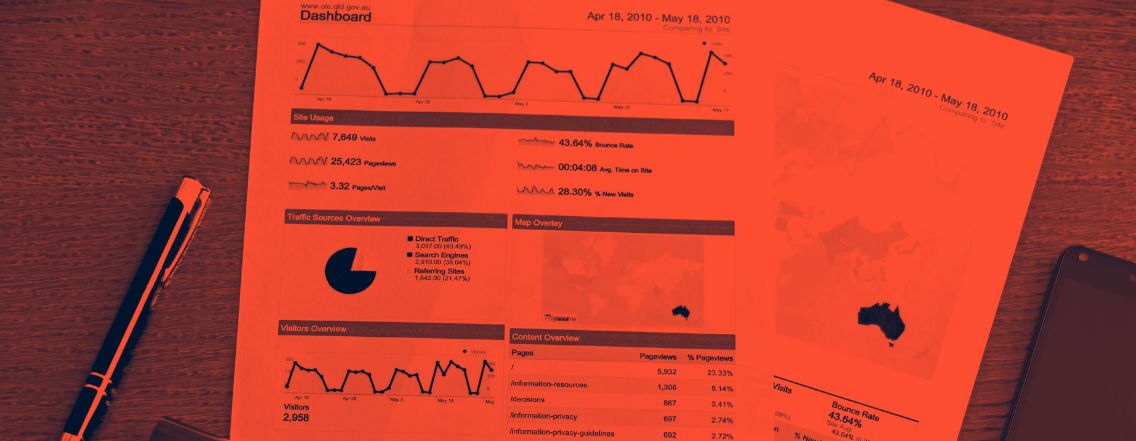For your CEO’s message this month, Jérôme Traisnel, the founder of SlimPay, addresses the issue of interchange fees in the context of direct debits in certain exceptional cases in Europe. Let’s detail together how AIS is THE solution to reduce these interchange fees on recurring payments in the European countries where they still exist. Let’s get to the heart of the matter…
Definition of Mutual Interchange Fees
Jérôme, could you define what interchange fees are for us?
Mutual interchange fees are relatively common banking fees in card payments but do not exist in account-to-account transfers or direct debits, for example.
More precisely, these are costs charged by the payer’s bank, through the interbank system, to the beneficiary’s bank. This means that, in addition to the payment service provider’s transaction fees, interchange fees may also be charged to the merchant.
As I mentioned, these interchange fees exist in card transactions and are intended to cover the costs of accepting, processing, and authorizing transactions. They have been regulated by a European regulation since 2015 (Editor’s note: Regulation (EU) 2015/751 of the European Parliament and of the Council of 29 April 2015 on interchange fees for card-based payment transactions).
However, they do not apply to A2A payments. These interchange fees are prohibited under the European regulation, except for countries that decide to apply them to R-transactions…
And here lies the subtlety!
The Case of Germany and Austria
Can we address this specific point? Which countries are affected?
Interchange fees on R-transactions in Direct Debit, whether they are rejects, refunds, or returns, can be decided by certain countries.
In Europe, only Germany and Austria apply these interchange fees, primarily, I believe, for historical reasons.
It is important to remember that the introduction of SEPA direct debits harmonized the existing national direct debits.
For example, in Germany, direct debits are made without a formal mandate, which means that no formal consent from the payer is required. The merchant takes the risk that their direct debit may be rejected, and the interchange fee that is added helps to balance the absence of consent and penalties in case of misuse.
In many other countries, such as France, formal consent from the payer is required, and there are no interchange fees on R-transactions. Each country has found its balance in organizing its payments. This is one of the reasons why interchange fees are more common in Germany.
Mutual Interchange Fees and Banks
Could we discuss the costs of these fees? Is there uniformity among banks, or does it vary?
We conducted a study based on the direct debit transactions of our clients in Germany and Austria. We were able to analyze which banks apply interchange fees and in what amount.
All banks apply these fees. However, we can see that interchange transactions are not proportional to the volume of SDD flows processed by banks. There are two reasons for this: either banks do not apply interchanges, or they have fewer payment defaults than their proportion of flows. So, while Sparkasse and Commerzbank have interchange transaction volumes in line with their processing volume, Sparda-bank and N26 have much lower interchange volumes than their flows, and Deutsche Bank has a much higher volume.
| Bank | % of direct-debit transactions | % of interchange fee transactions | Mininum interchange fee per transaction (euros) | Maximum interchange fee per transaction (euros) | Median interchange fee per transaction (euros) |
| Sparkasse | 27,48% | 21,78% | 1,50 | 8,93 | 3,00 |
| Sparda-bank | 18,47% | 1,72% | 4,16 | 4,50 | 4,27 |
| Commerzbank | 8,57% | 11,27% | 2,84 | 2,84 | 2,84 |
| N26 | 8,31% | 1,84% | 5,00 | 5,00 | 5,00 |
| Deutsche Kreditbank | 7,00% | 1,94% | 1,98 | 1,98 | 1,98 |
| Kreissparkasse | 6,55% | 4,40% | 1,30 | 5,88 | 3,00 |
| Postbank Ndl der Deutsche Bank | 5,67% | 4,10% | 3,14 | 3,14 | 3,14 |
| Deutsche Bank | 3,92% | 6,26% | 3,14 | 3,14 | 3,14 |
| ING | 3,18% | 1,86% | 0,01 | 3,00 | 1,54 |
| TARGOBANK | 2,08% | 1,88% | 1,92 | 1,96 | 1,93 |
| Unicredit bank | 1,16% | 0,51% | 3,00 | 7,80 | 5,40 |
Furthermore, smaller banks generally apply more interchange fees because they represent 7.6% of SDD volumes but 42.5% of interchange flows.
Another interesting point is the median cost of interchange fees. According to our study, it is €3, although there are significant disparities among banks, with median costs ranging from €1.54 to €5.40, with a maximum amount of €9.19.
It is also worth noting that more than 71% of interchange fees are generated by the rejection code MS03 (Reason not specified), which in Germany and Austria is commonly used to indicate an insufficiently funded account.
Finally, we have found that 92% of interchange fees are generated by MS03 but also MD06 (Disputed authorized transaction). This underscores the importance of ensuring that the account is sufficiently funded before initiating a debit and ensuring that formal consent is given.
Reducing Interchange Fees
How can this problem be addressed? How can merchants protect themselves from interchange fees in Germany, for example?
For merchants, the solution to avoid R-transactions and the risk of interchange fees in Germany and Austria is to enroll the IBAN of each of their customers as accurately as possible and to ensure the account has sufficient funds.
At SlimPay, we have developed “SlimCollect Verify,” which securely enrolls the payer’s IBAN via an “open banking – Account Information Service” access.
The aim of AIS is to ensure that the account exists, that there is consent for the debit, and that the account is sufficiently funded to allow for a direct debit.
This helps avoid R-transactions related to banking rejections and interchange fees as a result.
The main advantage of AIS is that it improves the quality of IBANs, thus reducing costs related to payment defaults. It also helps assess the payment capacity of debtors more effectively, preventing payment problems.
To conclude, what message would you like to convey to readers regarding AIS and interchange fees?
Across Europe, and especially in countries applying interchange fees to R-transactions like Germany and Austria, the quality of payer IBAN enrollment is the key to the success of your direct debits.
SlimCollect Verify improves the filtering and scoring of your IBANs, reduces costs related to payment defaults, and enhances the quality of your customer base.
SlimCollect Verify is also a responsible solution. It allows consumers to streamline their journey and confirm their consent to be debited through a secure process. It also enables merchants to reduce their payment service costs by avoiding rejections and interchange fees.




